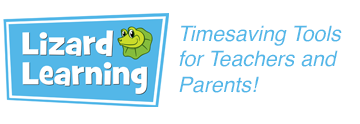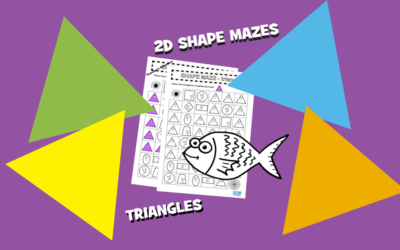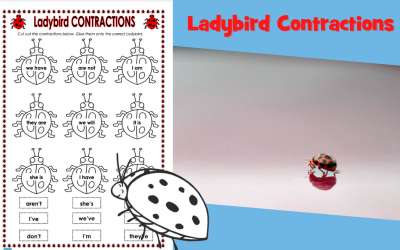1. POWER THROUGH THE SMALL JOBS
When you’re faced with a seriously daunting job, like planning a new unit of work, running records, assessments tasks and of course those dreaded report cards, other projects can seem easier. Cleaning up that reading corner you’ve been putting off for weeks suddenly doesn’t look so bad. The phone calls you’ve been meaning to get around to become a desirable diversion. If your procrastination is spent knocking over these small jobs, then it’s not wasted time at all.
2. A SENSE OF URGENCY
The biggest perceived downfall of procrastination is that we leave everything to the last minute. Believe it or not, this is actually one of the advantages! When we’re faced with impending deadlines, our minds gain a focus that was previously lacking. We get in “the zone”. This is an offshoot of the 80/20 rule, where 80% of the work is completed in the last 20% of time.
3. ENGAGE YOUR SUBCONSCIOUS
Your mind is a wonderful thing and will keep working behind the scenes whilst you’re off procrastinating. By not diving straight into a project, you allow your mind to generate ideas. These ideas percolate in the back of your mind, improving over time, and may result in a better outcome for the project.
4. BUILD YOUR RELATIONSHIPS
Procrastination is a great chance to spend time with your loved ones. Family, friends, pets, all our relationships need time together to maintain and grow. Often, we’re too busy with work to give them the attention they need. However, when that project is taking our focus away from work, it’s a fantastic time to strengthen your relationship with someone important in our lives.
5. YOUR HOUSE WILL NEVER BE CLEANER
If you’re anything like me, then cleaning is your go-to procrastination tool. Having an organised and tidy surrounding can calm your mind and help you focus. This, in turn, leads to more productivity when you’re working on that big project, so it’s time that’s well worth spending.
There are some key points that arise from these 5 benefits, and it’s these points that convert procrastination from bogeyman to buddy. Firstly, establish a firm project timeframe. This will avoid endless procrastination and enable the benefits seen in point 2. It will also ensure that the project gets done, which is important. Secondly, spend your “wasted” time doing something useful. Whether it’s cleaning out your to-do list, cleaning your workspace or spending time with loved ones, if it’s spent productively than it’s not wasted time. Finally, have a positive attitude. Whilst not exactly related to the above, it’s something I strongly believe is the key to success, no matter what you’re doing!





0 Comments